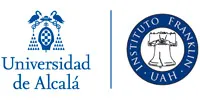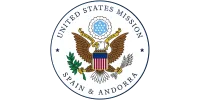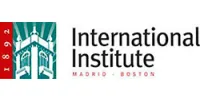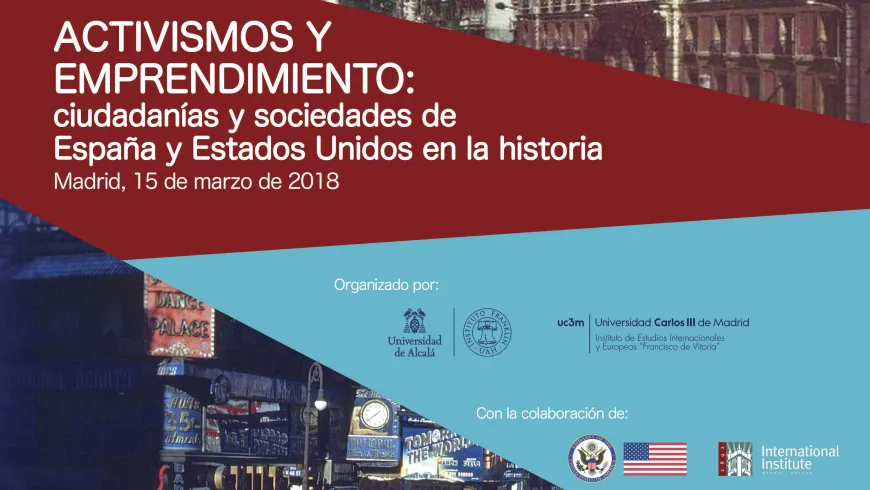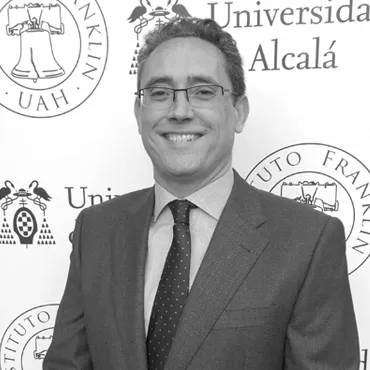I Seminar on Activism and Entrepreneurship
Citizenships and societies of Spain and the United States in history
With the background of politics and diplomacy (also cultural) present at all times, this permanent seminar in its first edition raises the debate on the influence of "the American" in Spanish society of the twentieth century: identifying its agents, effects and reactions. Special interest is placed on the subjects that promote actions and activisms (internationalisms, feminisms, ecologisms...) in the society and Spanish civic institutions. It will deal with the nature of a more balanced mutual influence in the late twentieth century, in the historical experience of non-central actors: companies, students, emigrants, academic institutions, etc.
Registration: Free until full capacity.
9:00-9:15 Welcome and introduction
9:15-11:00 Table 1: United States and the emergence of Spanish modernity. The 20th century
The first table will deal with US impact on the emergence of modernity in 20th century Spain, through educational and cultural exchange, placing special importance on the main role on the experiences of women.
Speakers:
- Pilar Piñón (International Institute): El impulso modernizador de agentes no gubernamentales norteamericanos sobre las élites universitarias españolas en el primer tercio del siglo XX.
- Carmen de la Guardia (UAM): Las redes del exilio. Las modernas españolas en Estados Unidos.
Moderator: Julio Cañero, director Instituto Franklin-UAH.
11:00-11:30 Coffee Break
11:30-13:15 Table 2: Mutual influence during the 21st century: cultural exchange, democracy and social movements
The second table will look at cultural exchange, the state of democracy in both countries and the influence of Spanish social movements, in line with the latest economic crisis, in the American movements during the beginning of the 21st century.
Speakers:
- Lorenzo Delgado (CSIC): ‘American Cultural Globalism’: génesis, fundamentos e impacto en España del Fulbright Program.
- Rubén Díez García (Uc3m): Movimientos sociales e indignación en el siglo XXI. Raíces histórico-culturales.
- Misael Arturo López Zapico (UAM): El malestar en democracia y los movimientos críticos con el sistema en Estados Unidos y España: paralelismos y conexiones.
Moderator: Montserrat Huguet, directora Instituto Francisco de Vitoria.
13:15-14:00 Plenary conference by Rene Paddags, “Democracy in America? What Alexis de Tocqueville can teach us about citizenship“
14:00-14:30 Conclusions and closing by the organizers, Julio Cañero and Montserrat Huguet
Professor of the Department of Contemporary History at the Universidad Autónoma de Madrid and associate director of the Graduate Student Program at the Spanish school of Middlebury College in Vermont, United States. Interested in the cultural history of politics, in gender studies and relations between Spain and the United States, her latest books include: Victoria Kent and Louise Crane in New York. A shared exile (2016); Moving Women and the United States. Crossing the Atlantic (2016); and History of the United States (third edition 2012).
Executive director of the Instituto Internacional in Spain. He was trained as an economist (UCM, IESE, Harvard Business School) and has an interest in the cultural relations between Spain and the United States during the 20th Century. The result of this is his doctoral thesis, Go West Young Woman! Transatlantic networks and cultural internationalism. Women as protagonists of academic exchange between Spain and the USA (1919-1935). He is a Salzburg Fellow.
Professor at Universidad de Salamanca. He was a postdoctorate researcher in the WCFIA at Harvard (2012-2013), and a Fulbrighter at George Washington University (2010-2012). Recently he has co-edited the books: U.S. Public Diplomacy and Democratization in Spain, The Salazarist Portugal in the face of democracy; Strategies of Cultural Diplomacy in an Interpolar World, University Women in Spain and Latin America. He has taught at University of Bergamo, Universidad de Extremadura, Universidad Carlos III de Madrid, and in the abroad programs of Wake Forest, Colby College, and Ohio Weslyan.
Scientific researcher since 2003 at the Institute of History CCHS-CSIC. He completed his postdoctoral at the Centre d’Histoire des Relations Internationales Contemporaines, University of Paris I-Sorbonne. Selected for the International Visitor Program of the United States. In recent years his research has focused on the study of international relations between the United States and Spain, more specifically, American public diplomacy in Spain and cultural, educational, and scientific transfers. He is currently the main researcher os the project “Modernization of the Scientific and Educational system in Spain in its international dimension (1953-1986)”, and the scientific director of the Web Portal Spain and the United States. Cultural transfers and International relations. Among his most recent publications: Spain and the United States in the Twentieth Century (2005); West Wind. The Fulbright Program in Spain (2009); U.S. Public Diplomacy and Democratization in Spain. Selling Democracy?, New York, Palgrave Macmillan (2015), The International Opening of Spain. Between the Franco Regime and Democracy, 1953-1986 (2016).
Professor of the Department of Contemporary History at Universidad Autónoma de Madrid. He has held research stays at SUNY New Paltz, UMASS at Amherst, University of Leeds, Universidad de Santiago de Chile (USACH), Pontificia Universidad de Chile, and UC Davis. His research includes the publication of different books and articles about the political and economic relations between Spain and the United States during the 20th Century, as well as the study of issues related to American press and propaganda during the Franco dictatorship. He currently coordinates the Project UAM-Banco Santander “From the words to the facts: violent manifestations of anti-Americanism from the Cold War to the dawn of the Trump era” (2017/USA/10).
PhD in sociology from the UCM and profesor in the Departments of Social Sciences and Applied Sociology of UCM. He is a specialist in applied social research and data analysis by the CIS and has participated in various research projects on organizations and social movements, along with Enrique Laraña and advised by Aaron Cicourel, University of California. His latest publications include the book Democracia, dignidad y movimientos sociales. El surgimiento de la cultura cívica y la irrupción de los indignados en la vida pública (with Enrique Laraña), published CIS; and the articles “More than a Copy Paste: The Spread of Spanish Frames and Events to Portugal” in the Journal of Civil Society (with Britta Baumgarten), and “The Indignados in Space and Time: Transnational networks and historical roots” in Global Society. Currently he is the President of the Committee of Investigation in Social Movements, Collective Action and Social Change of the Spanish Federation of Sociology.
Associate Professor of History & Political Science at Ashland University in Ohio, USA. He received his Ph.D. in political science from the University of Maryland, College Park for his dissertation on Jean-Jacques Rousseau. He also has degrees from Johns Hopkins University, School of Advanced International Studies and the University of Erlangen-Nuremberg, Germany. His research focuses on the intersection between political philosophy and international relations. Currently, Dr. Paddags is Visiting Fulbright Professor at the Universidad Autonoma de Madrid.
